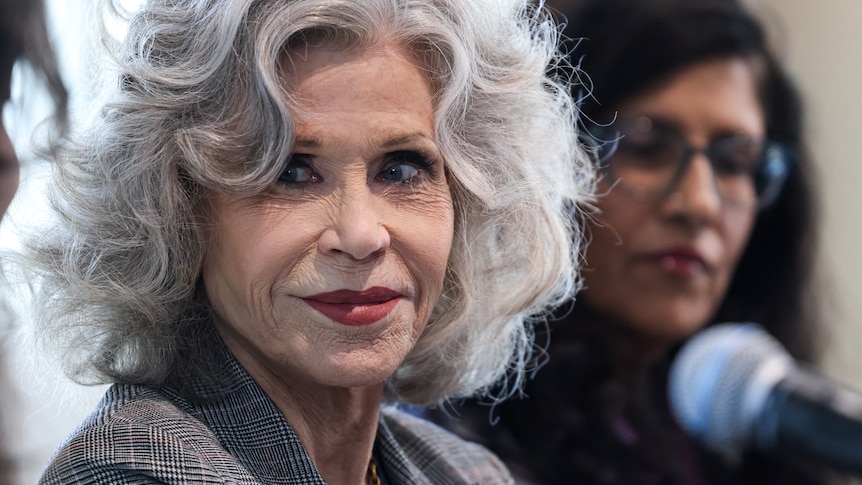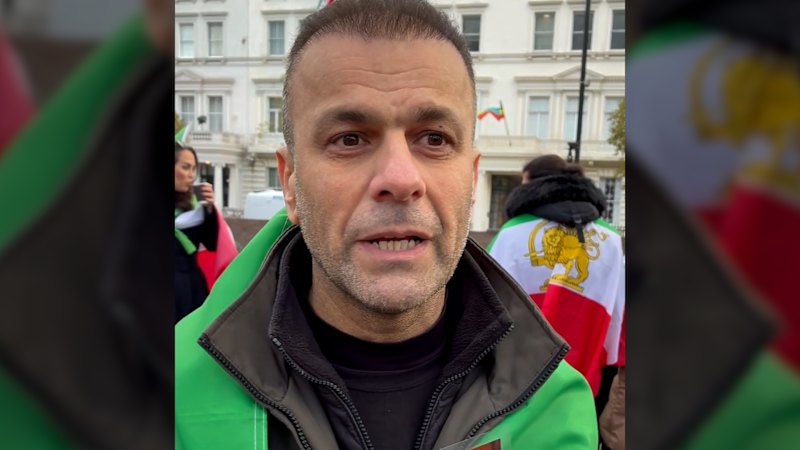
Jane Fonda has partnered with over 500 celebrities to revive the Committee for the First Amendment, a group originally formed during the McCarthy era to defend free speech in Hollywood. Announced on October 1, 2025, this initiative includes notable figures such as Jamie Lee Curtis, Viola Davis, Whoopi Goldberg, and Pedro Pascal. Fonda, who has been an advocate for progressive causes since the 1970s, emphasized that this revival is not a new venture but a re-establishment of a legacy that her father, actor Henry Fonda, once supported.
Historical Context of the Committee
The original Committee for the First Amendment was established in October 1947 amid growing concerns that communists were infiltrating Hollywood and influencing film narratives. This initiative came in response to the House Un-American Activities Committee (HUAC), which conducted highly publicized hearings accusing the film industry of harboring communists. The committee aimed to investigate these allegations, inviting numerous witnesses to testify.
Among the witnesses was Ayn Rand, who criticized the 1944 film “Song of Russia” for its portrayal of Soviet life. The hearings not only scrutinized films but also led to the blacklisting of numerous artists, including directors and actors, who were believed to have leftist ties. The impact was profound, resulting in significant professional repercussions for many, as studios began to implement strict hiring policies to avoid association with accused individuals.
Hollywood’s Response and the Fight for Free Speech
During the HUAC hearings, some Hollywood stars, including Gary Cooper, testified against communism, while others, known as the “Hollywood 10,” refused to cooperate, leading to their subsequent incarceration. This division highlighted the battle over free speech and artistic expression, with prominent figures like Ira Gershwin rallying support for the Hollywood 10. Gershwin hosted the first gathering of the Committee for the First Amendment, uniting stars such as Judy Garland and Humphrey Bogart to show solidarity.
The committee quickly raised US$13,000 (approximately $188,000 today) to support the Hollywood 10’s legal battles and produced a radio broadcast titled “Hollywood Fights Back,” advocating for artistic freedom. Despite initial enthusiasm, the committee’s effectiveness waned, particularly after Bogart distanced himself from the group in 1948, declaring, “I’m no Communist,” which reflected the growing fear surrounding the issue.
Ultimately, the fallout from the HUAC hearings resulted in the Hollywood 10 being convicted for contempt of Congress, with many serving prison sentences. The movement to purge those associated with communism continued, leading to widespread blacklisting across the industry.
Contemporary Relevance of the Revival
Fonda’s revival of the Committee for the First Amendment resonates in today’s political climate, where discussions of free speech are increasingly pertinent. Recent events, including attempts by former President Trump’s administration to silence comedians like Jimmy Kimmel, have drawn parallels to the repressive atmosphere of the blacklist era. Many members of the new committee were also actively involved in the 2023 screenwriters and actors strikes, highlighting ongoing labor struggles within the industry.
A recent Marist poll indicated that 80% of Americans believe that First Amendment freedoms are being restricted too much, demonstrating a widespread concern over free speech. This revival aims to address those fears and advocate for the protection of artistic expression amidst contemporary challenges.
While the original Committee for the First Amendment ultimately failed to shield its members from persecution, it played a crucial role in advocating for the rights of artists and writers. Fonda’s efforts to bring this committee back into the public eye underline the ongoing necessity of defending free speech in an increasingly polarized environment. As Fonda noted, the fight for these rights continues to be essential for the vitality of culture and society.







